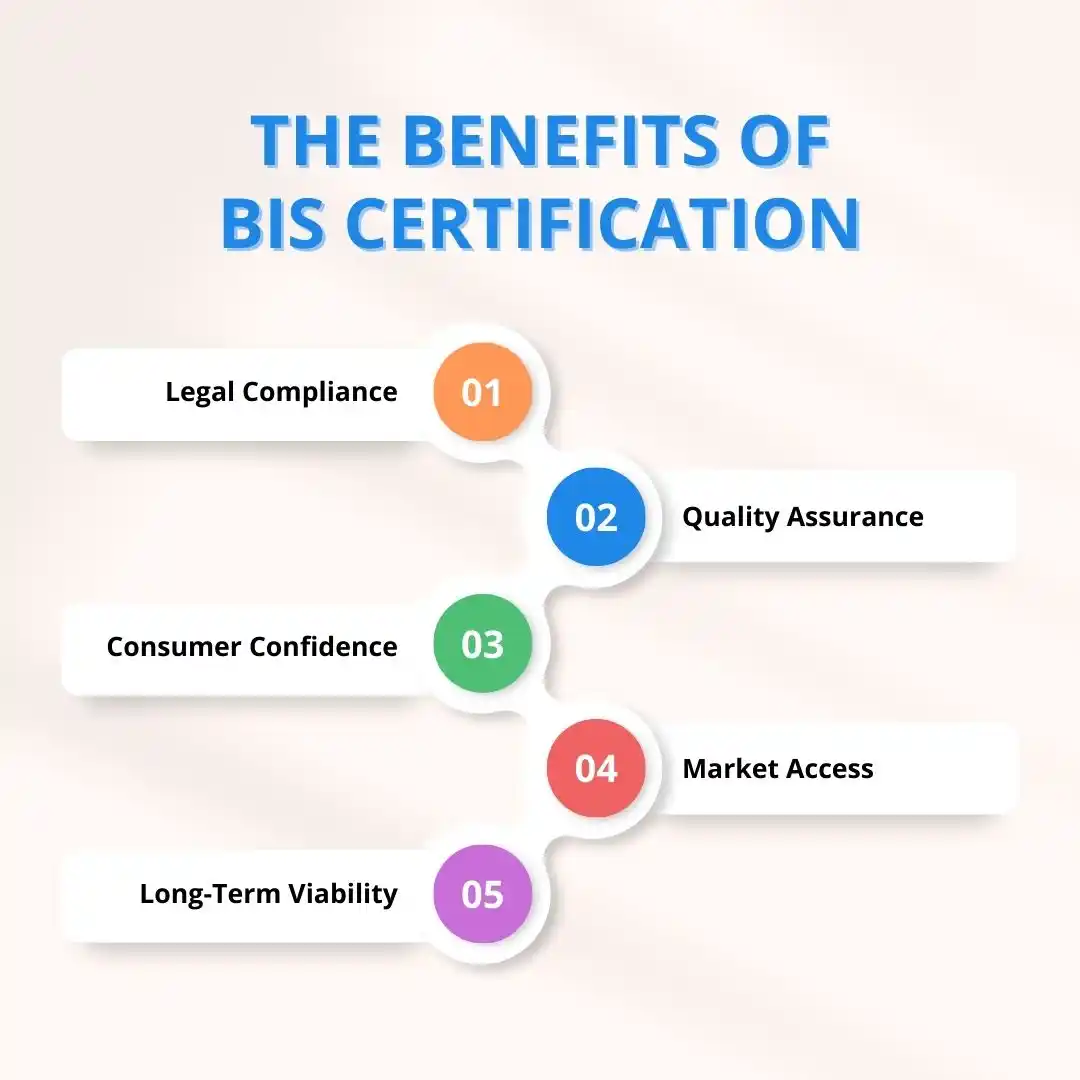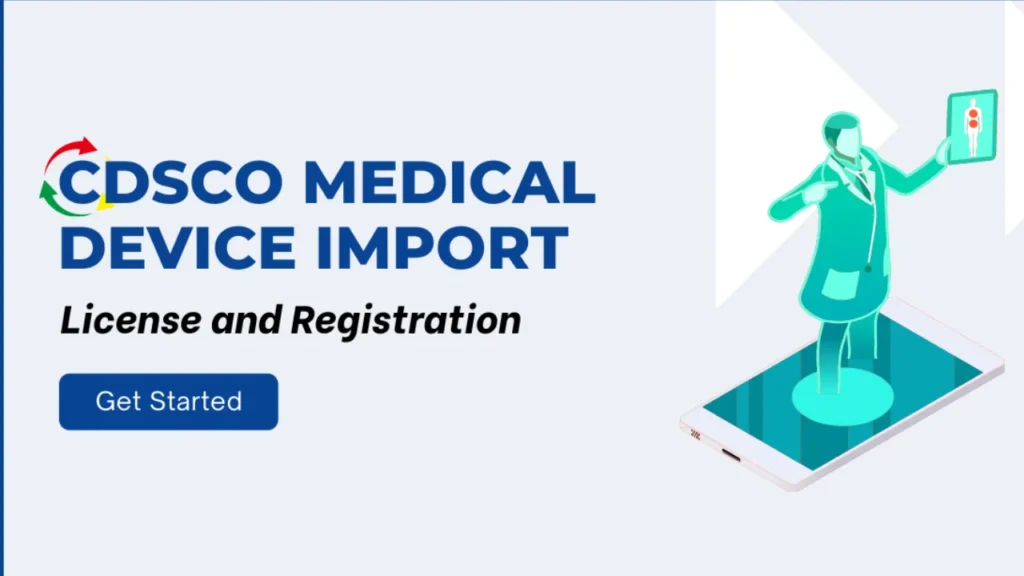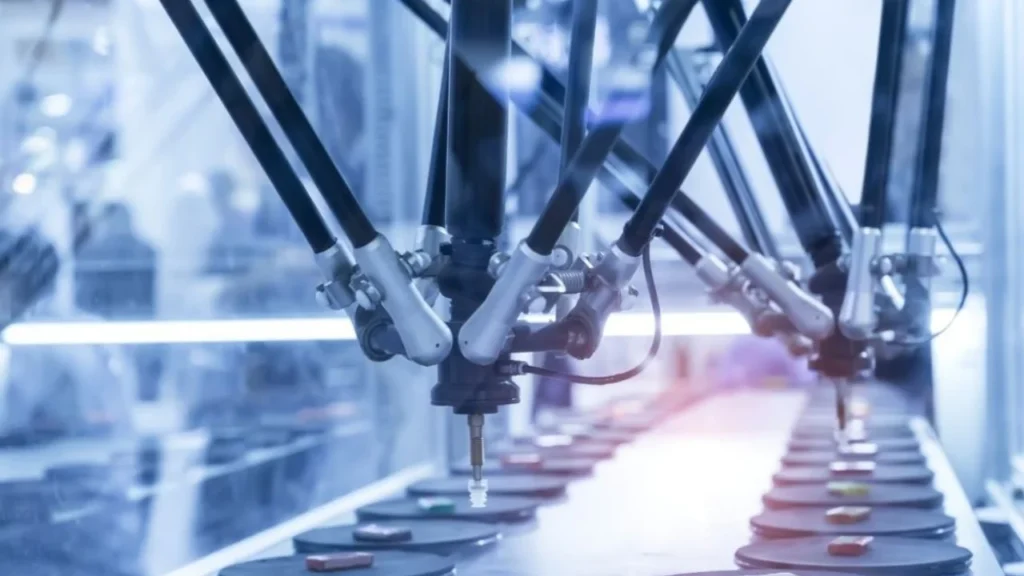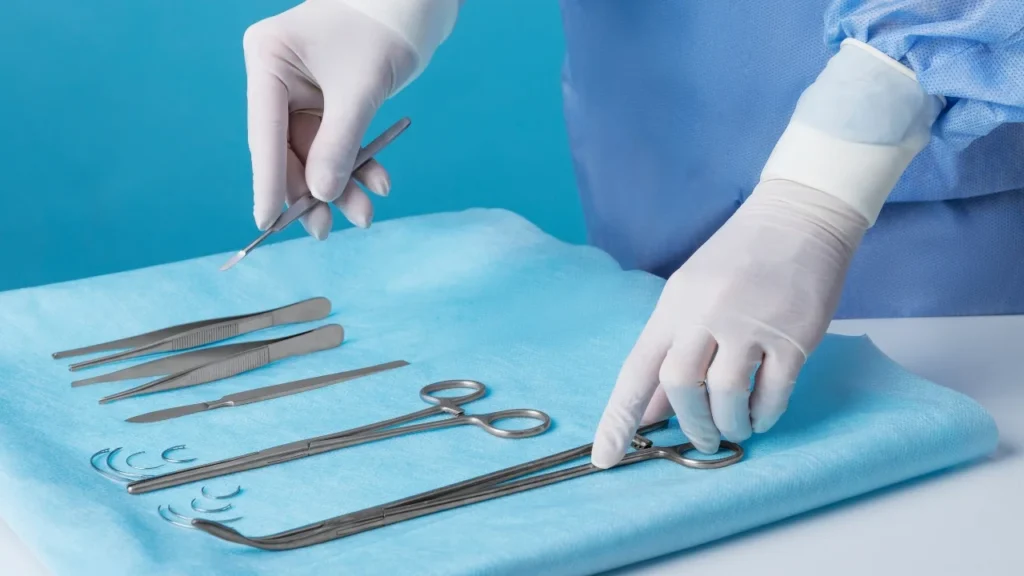Introduction:
In the ever-evolving landscape of the healthcare industry, ensuring the quality and safety of medical devices is paramount. To meet these stringent criteria and regulatory standards, manufacturers must conform to Bureau of Indian Standards (BIS) for their products. These standards, along with the Medical Device Rules, 2017, plays a pivotal role in ensuring that medical devices in India adhere to established quality benchmarks. In this quick guide, we’ll explore the intricacies of BIS requirements for medical devices, its significance, and how it benefits both manufacturers and patients.
Ensuring Quality in Healthcare: The Role of BIS Standards for Medical Devices
The foundation of medical device regulations in India lies in the Medical Device Rules, 2017. Within these rules, Rule 7 emerges as a linchpin that defines the product standards medical devices must meet. Under Rule 7:
1. Medical devices must conform to standards set by the Bureau of Indian Standards (BIS), established under the Bureau of Indian Standards Act, 1985.
2. In the absence of specific BIS standards, devices should adhere to standards specified by renowned international organizations such as the International Organization for Standardization (ISO) or the International Electrotechnical Commission (IEC).
When no standard exists under the aforementioned provisions, devices must comply with validated manufacturer’s standards.
It is important to emphasize here that MDR 2017 mandates conformance to BIS but a certification is not required.
Government Notification – Providing Clarity
The Government of India, through the Ministry of Chemicals and Fertilizers, Department of Pharmaceuticals, issued a pivotal notification on February 1, 2022. This notification unveiled a comprehensive list of 1485 medical devices/equipment and the corresponding BIS standards that they need to conform to. The up to date list of this BIS mapping to various medical devices categories is now available on the CDSCO website.It serves as a roadmap for manufacturers/importers, providing clear guidelines to align their products with stringent quality and safety standards.
Types of BIS Certifications Applicable in India (Not Specifically Medical Devices)
Manufacturers based on the product they are manufacturing will need following types of BIS Certification/registration:
1. Indian Standards Institution (ISI) (Scheme 1):
For ISI Certification, Bureau of Indian Standards (BIS) is responsible for granting the certification. This Certification, which is applicable for a wide range of products from chemical to electrical products, ensures that your product meet Indian Safety Standards. The ISI certification process includes manufacturing site inspection and product sample testing. The list of products covered under the ISI certification are available on their website.
2. Compulsory Registration Scheme (CRS) (Scheme 2):
The Compulsory Registration Scheme (CRS) is mandatory for certain electronic and IT equipment and to obtain the CRS Certificate, these products must clear the testing done in only BIS accredited labs. The list of products that require compulsory registration is made available on the BIS Site.
The Benefits of BIS Certification
BIS certification for products in India offers numerous benefits:
1. Legal Compliance: BIS certification is often mandatory for selling in India, ensuring manufacturers meet legal obligations and avoid potential penalties.
2. Quality Assurance: Certification signifies adherence to stringent quality and safety standards, assuring both manufacturers and consumers of rigorous testing and inspection.
3. Consumer Confidence: BIS certification enhances consumer trust in medical devices, indicating conformity to recognized quality standards.
4. Market Access: Certification facilitates market entry, streamlining product distribution in India.
5. Long-Term Viability: Certification encourages investment in research and development, fostering innovation and long-term viability.
Conclusion:
BIS certification is the key to ensuring compliance with rigorous quality and safety standards. The guidance provided by Rule 7 of the Medical Device Rule 2017 and the recent government notification on BIS standards empower manufacturers to navigate the regulatory landscape effectively. Regulatory Solutions India (RSI) stands as a trusted partner, offering over 12 years of experience in regulatory compliance and a track record of successful registrations for more than 450 medical products. Importers and Manufacturers can rely on RSI for expert guidance on BIS certification and comprehensive support for all regulatory needs.
Ready to Certify?
Contact RSI for Hassle-Free BIS Certification
Embark on your journey towards BIS certification and regulatory excellence today. Contact Regulatory Solutions India (RSI) to ensure your medical devices meet the highest standards of quality and safety, not just for compliance but for the well-being of patients and the success of your endeavors. Your commitment to quality begins with BIS certification.
FAQ
1: What is BIS certification in India?
BIS certification is crucial as it signifies legal compliance, quality assurance, and consumer confidence. It enhances market access, provides a competitive advantage, and paves the way for global recognition.
2: Why is BIS certification essential for products?
Post-market surveillance is necessary because clinical trials conducted before a device's approval have limitations, such as small sample sizes and short durations. PMS helps identify issues that may arise during long-term use in diverse patient populations.
3: How do I know which BIS standards apply to my medical device?
The Government of India issued a notification on February 1, 2022, listing BIS standards for medical devices. Manufacturers can refer to this comprehensive list to ensure conformance
4: What role does Regulatory Solutions India (RSI) play in BIS certification?
RSI, with over 12 years of regulatory expertise, assists manufacturers in navigating the complex BIS certification process, ensuring conformance and facilitating market access.
5: How can I get started with BIS certification for my medical devices?
Initiate your BIS certification journey by contacting RSI, your trusted partner. Our experts will guide you through the process, ensuring your devices meet the highest quality and safety standards.





